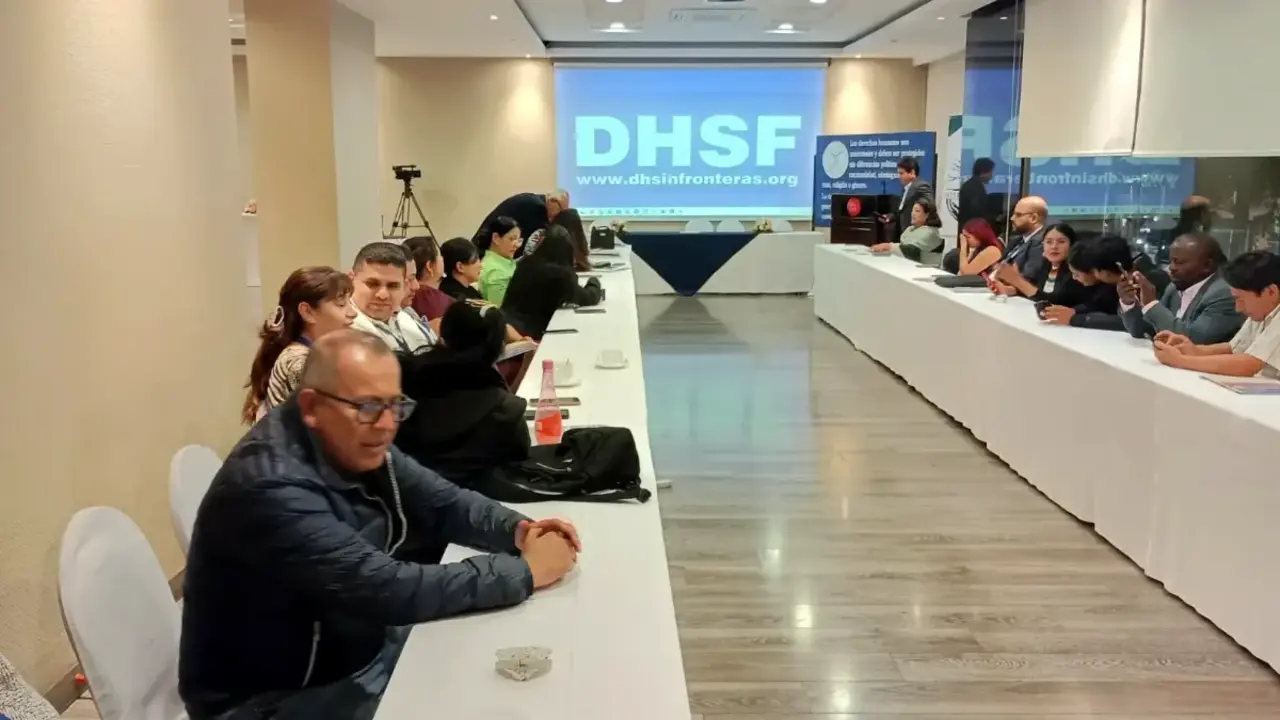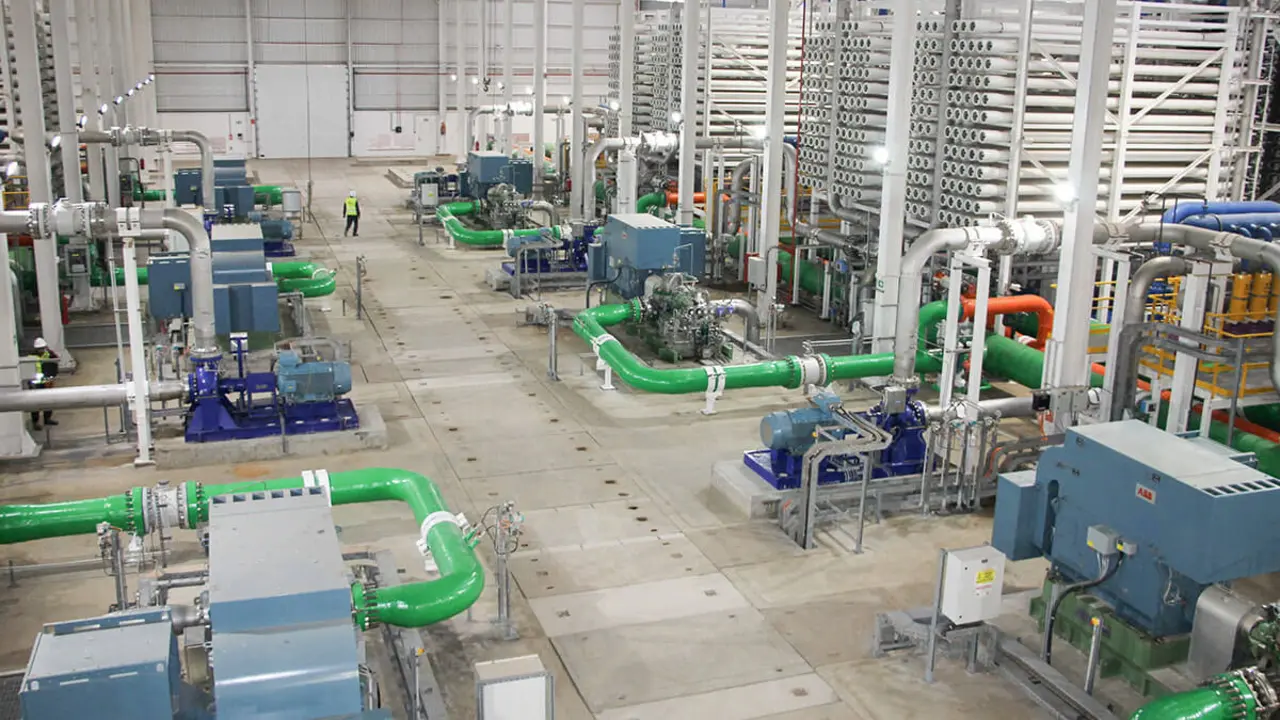Amnesty International denounces the torture by the Iranian authorities of those arrested during the 2019 demonstrations
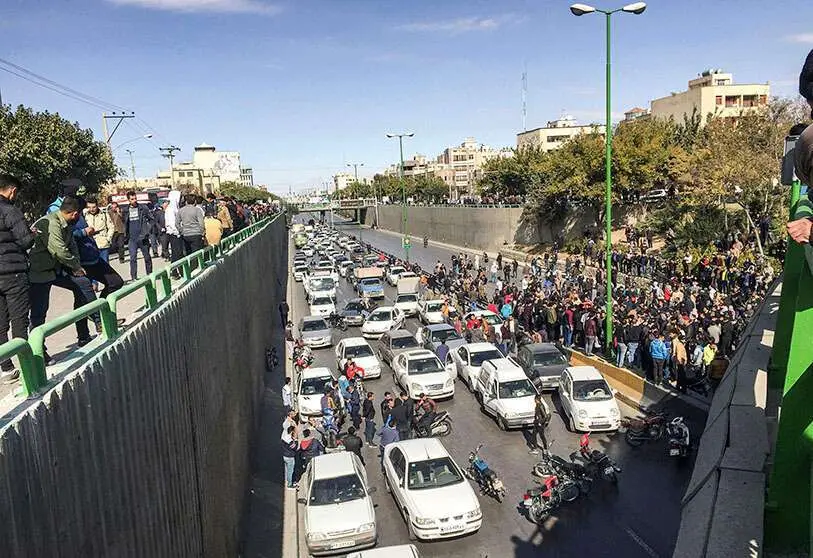
Whiplash, sexual abuse and electric shocks are among the crimes reported by the human rights organisation Amnesty International, carried out by Iranian security forces and prison officials.
Amnesty's latest report, entitled "Trampled Humanity: Mass arrests, disappearances and torture since Iran's 2019 November protest," documents the accounts of dozens of protesters, passers-by and people who were arrested by the Iranian regime in connection with the demonstrations that filled the streets of Iran's major cities in November 2019. In total, 7,000 people, including men, women and children, were arrested by the Iranian authorities. The report notes that the victims included children as young as ten years old.
This came about when the Iranian Ministry of the Interior called on citizens to be cautious about calling for further protests against the rising price of gasoline and corruption in the country.
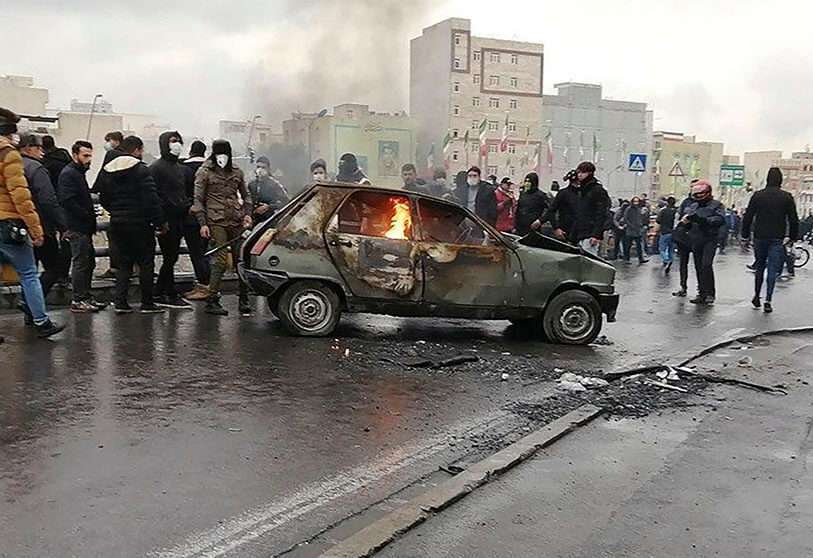
Last year's announcement by Iranian President Hassan Rohani of a 50 percent increase in the price of fuel triggered an immediate reaction from the population, which decided to take to the streets in protest. However, this rise in oil prices was used as a pretext for protesting against the inequality and social injustices that exist in the country.
The government's response was not soft and it decided to take several radical measures such as blocking the internet for the 80 million Iranian inhabitants. According to Amnesty, these revolts led to the death of 143 people, in addition to the arrest of another 7,000.
The prison sentences imposed on those convicted range from one month to ten years in prison on charges which, according to the human rights organisation, are false, such as "gathering to commit crimes against national security", "spreading propaganda against the system", "disturbing public order" and "insulting the Supreme Leader".
"Amnesty International is aware of more than a dozen cases where flogging sentences have been imposed in addition to prison sentences and in at least two cases, the flogging sentences have been executed," reads the statement of the organisation.
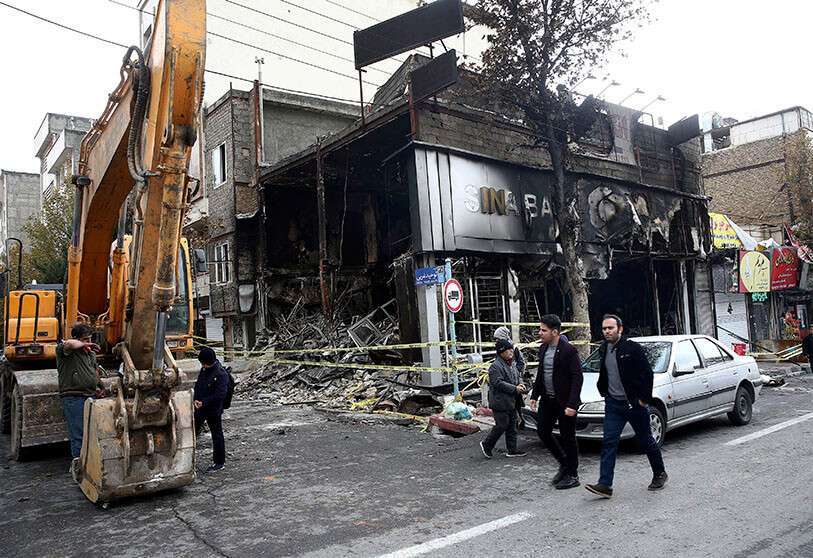
Amnesty urges the member states of the UN Human Rights Council and the Office of the High Commissioner for Human Rights to interfere with the impunity of the country's authorities for "systematic and prolonged human rights violations".
Among the methods documented by the organisation, Tehran's security forces used to have a "widespread use of torture and other ill-treatment" such as "hooding the victims, punching, whipping or kicking them".
In addition, Amnesty International's research has revealed that many detainees were subjected to enforced disappearance "for weeks or even months".




